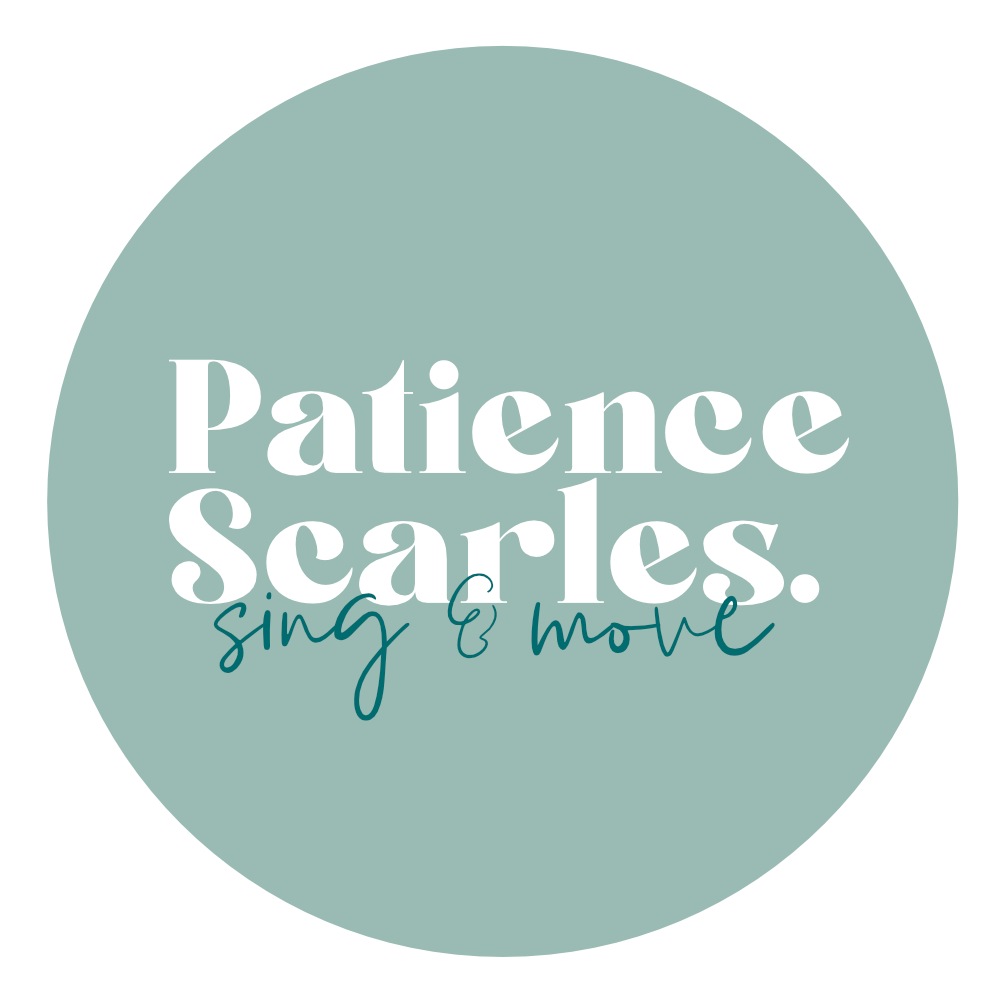Honey, there’s no right way - letting go of perfectionism
Sometimes we need to let go of the desire to achieve perfection & just do it.
Backing music: Hozier - Someone New 🎶
How many times have you decided not to do something because you didn’t think you’d be good enough at it? Perhaps you skipped the morning bootcamp class, or maybe you didn’t apply for the more senior position at work, perhaps writing an email can take you up to twenty minutes rather than two...
Whether it’s a fear of not being the best or a fear that what we are doing is not good enough - whatever it is, it’s eating into our lives & is most likely just a waste of time.
Ofcourse, there are exceptions - if you’re writing a book or are at the forefront of the next mindblowing research - perhaps checking & double checking for errors would make more sense then. But for most of us, most of the time - it is usually more of a hindrance than a help...
If we spend all our time trying to do things perfectly, we won’t get anything done.
It’s true, isn’t it? All that time that we spend making sure we send the perfect email, or design the perfect flyer, make the perfect dinner - means we have less time to spend with our family, less time to work on our trade and less time for the things that really matter. When we allow smaller tasks to take up all our time - we give our energy away to something that maybe doesn’t need that much of it.
A few months back, I was speaking with a good friend and she told me about the 80/20 rule.
After some googling, I discovered that this is also known as Pareto’s Principle - that is: 20% of the activities you do (inputs) are responsible for 80% of the results (outputs). Pareto first observed this when gardening - he noticed that 20% of his peapods yielded 80% of the total harvest. He later discovered that 20% of the people in Italy controlled 80% of the wealth and land. This principle can be applied to so many things in our lives - the clothes we wear (how often do you find you tend to wear the same things over and over, despite having many more clothes in your wardrobe?), the books we read (80% of the value can be attained by reading 20% of the content) or as a YouTuber put it 20% of his videos were responsible for 80% of his followers.
The way my friend described the Pareto principle in the context of perfectionism, was that for 20% of the things you do - put 100% of your energy into it (make those things be brilliant). For the other 80% of the time - it’s ok for things to just be good. That way you’ll have more energy for the 20% - where it’s more important for things to be done to the best of your ability.
Of course - if you identify what the 20% is that produces 80% of results, then you’re really onto something! But perhaps that’s a topic for another day...
So what do we take from this? Use your energy wisely.
Is it worth driving yourself crazy over a flyer or tormenting yourself with the semantics of an email? Is it not more important to be an intuitive and grounded yoga teacher? Or a joyful and present mother (or father)? And to maintain good, healthy relationships with the people around you, and more importantly - yourself.
Getting on your own back constantly because you haven’t done something that is out of this world, is not helping anybody. Allowing yourself to obsess over the tiny details, or obsess over how something might be received and keep working until you have the most perfect image of what you wanted to create - is not helping. As Grayson Perry once said to me, “perfection is the killer of creativity”.
Honey, there’s no right way
There is no one right way of doing things - the best we can do is just do it. By becoming more mindful and aware of our actions - we can stop ourselves by obsessing over the smallest of details & wasting time on a task that need only take ten minutes. It’s better to have something done than nothing at all. Ofcourse - it depends on your perspective, but if you are a business owner or wanting to get that promotion, or hell - even if you just want to attend a yoga or fitness class but are a bit scared - it’s better to feel the fear and do it anyway (in the words of Susan Jeffers), rather than let the world pass you by as you watch from the sidelines.
References
Personal Excellence Blog - How To Achieve More With Less Using The 80/20 Principle.
7 Good Minutes Podcast, Episode 1001 - Understanding The 80-20 Rule And How It Works.
Mindfulness Muse Blog - Time Management and the 80/20 Principle
